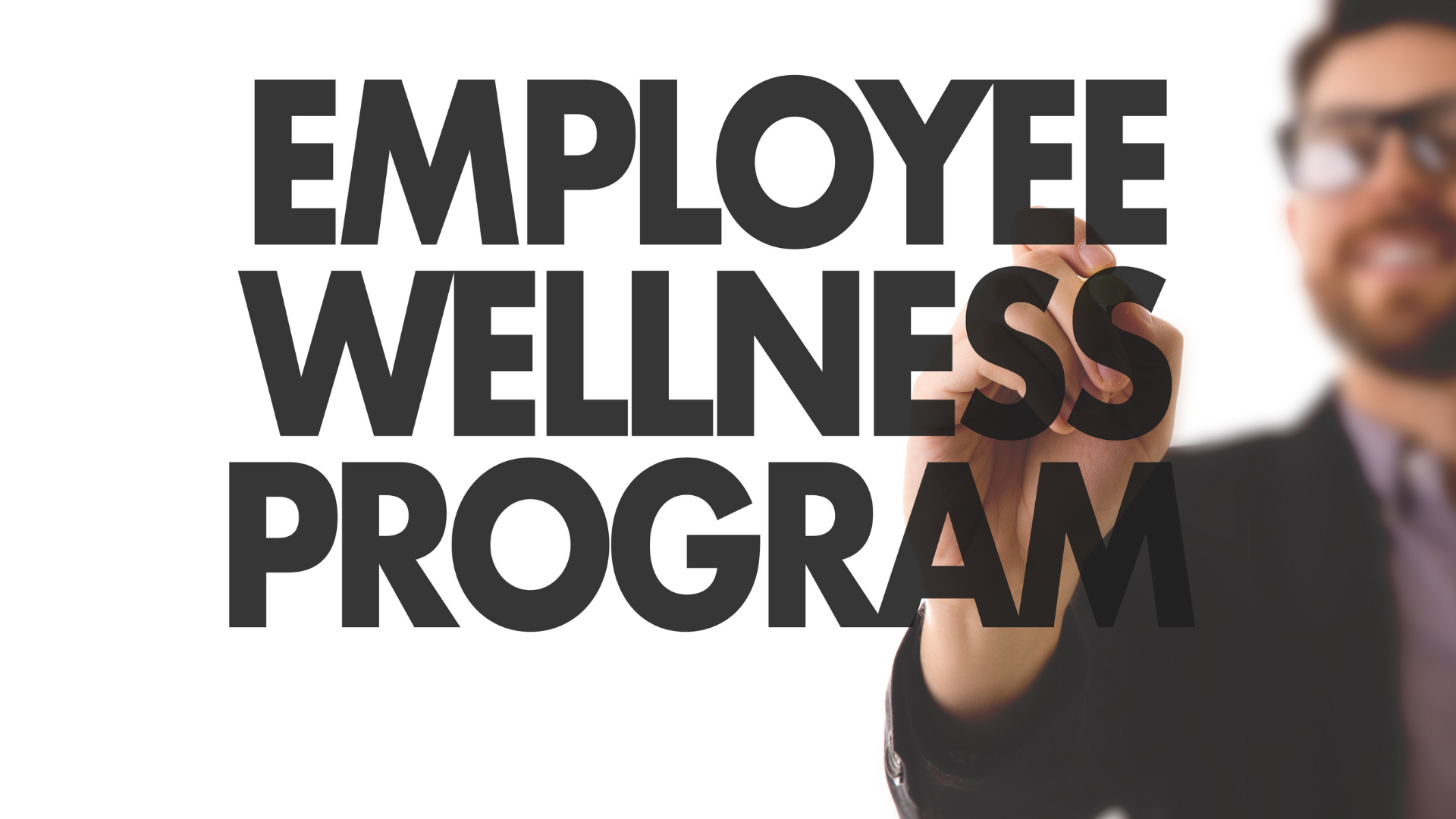In the world of fairy tales, transformation happens overnight. A genie grants three wishes. A fairy godmother waves her wand. Dreams come true in the blink of an eye.
But in the real world – in leadership, in careers, and in personal growth – we’ve noticed something very different: True transformation is rarely magical. It is painfully, beautifully, consistent.
At FocusU, we’ve seen this reality play out time and again with the leaders and teams we work with. Those who achieve meaningful, sustainable growth aren’t necessarily the flashiest, the fastest, or even the most talented. They are the ones who show up, day after day, long after the excitement wears off.
Consistency isn’t glamorous. It often isn’t even noticed at first. But over time, it changes everything.
The Compound Effect: Small Efforts, Big Results
Table of Contents
In The Compound Effect, author Darren Hardy shares a formula that we deeply believe in:
Smart Choices + Consistency + Time = Radical Difference
Let’s bring this to life with a classic example:
Imagine two options:
- Take ₹30 lakhs in cash today.
- Take ₹1 today, but double it every day for 31 days.
Most would instinctively grab the ₹30 lakhs. But if you chose the doubling ₹1, by day 31, you would end up with ₹10.7 crore.
That’s the power of compounded small actions – and it mirrors what we observe in personal and professional growth.
Change doesn’t usually come from one grand gesture. It comes from hundreds of quiet decisions to show up, to try again, to get 1% better every day.
Consistency in Leadership: Why It Matters Even More
In our experience working with leaders across industries, we’ve seen that consistency builds something that even talent can’t: trust.
- Teams trust leaders who are consistently fair, even when delivering tough feedback.
- Customers trust brands that consistently deliver on promises, not just once but every time.
- Organizations trust employees who consistently perform, not just during appraisals but throughout the year.
In a world where uncertainty is high and attention spans are short, consistency is your superpower.
Related Reading: Why Trust Matters?
The Common Pitfalls: Where Consistency Breaks Down
If consistency is so powerful, why do so many of us struggle with it?
Here’s what we’ve noticed:
- Focusing too much on motivation, too little on systems:
Motivation is fleeting. Systems sustain you. - Mistaking perfection for progress:
Consistency isn’t about being perfect. It’s about showing up, even imperfectly. - Starting too big:
Big, sweeping changes often crash under their own weight. Small, sustainable habits survive.
Related Reading: 4 Strategies To Help Build Motivation
Three Practical Strategies to Build Consistency (That We Recommend to Teams)
1. Set a Clear Goal Before You Design the Process
Many teams confuse process with outcome. We once worked with a manager who was determined to have his team start every day with a 7:00 a.m. call. The goal? Improve team communication.
The result? Burnout.
In our debrief, we uncovered the real issue: it wasn’t about starting early. It was about building better communication habits.
A simple end-of-day check-in, asynchronous if needed, served the purpose better without draining energy.
The lesson? Clarify the destination before you choose the path.
2. Break Big Goals into Tiny, Repeatable Actions
We often joke with participants in our workshops: “How do you eat a whale? One bite at a time.”
The same goes for goals.
Want to build a culture of feedback? Start with one meaningful feedback conversation a week.
Want to improve cross-team collaboration? Start with one joint project, not a full reorg.
Small actions, repeated consistently, build momentum. And momentum is magic.
Related Reading: How To Give Effective Feedback?
3. Celebrate Small Wins Loudly and Often
In every football match, we have scoreboards. In every game, we have points.
Why? Because progress needs to be visible.
In organizations, we’ve noticed that when wins – even small ones – are recognized, people feel seen. Celebrating effort, learning, and persistence keeps the flywheel of motivation turning.
Set mini-milestones. Acknowledge consistency. Make small wins a big deal.
Because what gets celebrated gets repeated.
Why Consistency Matters for Learning and Development (L&D)
From a corporate L&D lens, here’s what we’ve observed:
- One-off workshops don’t build new skills. Ongoing practice does.
- Sporadic feedback doesn’t improve performance. Consistent coaching does.
- Annual appraisals don’t create high-performing cultures. Everyday conversations do.
If you want real behavior change – whether it’s building leadership pipelines, fostering innovation, or driving collaboration – consistency must be baked into the learning journey.
In fact, in our experience designing learning journeys, spaced repetition (returning to key ideas at regular intervals) leads to far better retention than cramming knowledge into one intensive session.
If your organization’s learning programs aren’t showing impact, the question may not be,
“Is the content good?” It may be, “Is there enough consistency in reinforcement?”
Related Reading: Why Positive Reinforcement Works In Improving Performance?
Real-Life Example: The Power of Micro Habits
In one of our leadership interventions with a financial services client, we encouraged managers to adopt a simple habit: End every team meeting with two questions:
- What’s one thing we did well this week?
- What’s one thing we want to improve next week?
At first, it felt awkward and forced. But over weeks, something shifted.
- Conversations became more open.
- Small issues were addressed before they became big problems.
- Psychological safety improved.
It wasn’t a dramatic workshop or a grand strategy presentation. It was the quiet power of consistency.
Related Reading: 7 Practices To Enable Effective Microlearning
The Emotional Side of Consistency: Why It’s Hard (But Worth It)
Let’s be honest: Consistency is boring at times. There are no dramatic plot twists.No viral LinkedIn posts about grinding through the 100th repetition.
It’s showing up when no one is watching. Doing the unsexy work. Choosing practice over performance.
But here’s the secret we’ve seen play out over and over:
- Consistency builds confidence.
- Confidence builds resilience.
- Resilience builds greatness.
The leaders, teams, and organizations that thrive aren’t the ones that chase novelty. They are the ones that compound mastery over time.
Final Thought: Consistency Isn’t About Perfection. It’s About Progress.
At FocusU, we often remind ourselves – and our clients – of this simple truth:
You don’t have to be extraordinary every day.
You just have to be consistent most days.
Because in the end:
- The weight doesn’t drop off after one workout.
- Trust isn’t built after one conversation.
- Mastery isn’t achieved after one practice.
The results you want are waiting for you – just on the other side of consistency.
Related Reading: Why Consistency Matters In Service Delivery?










